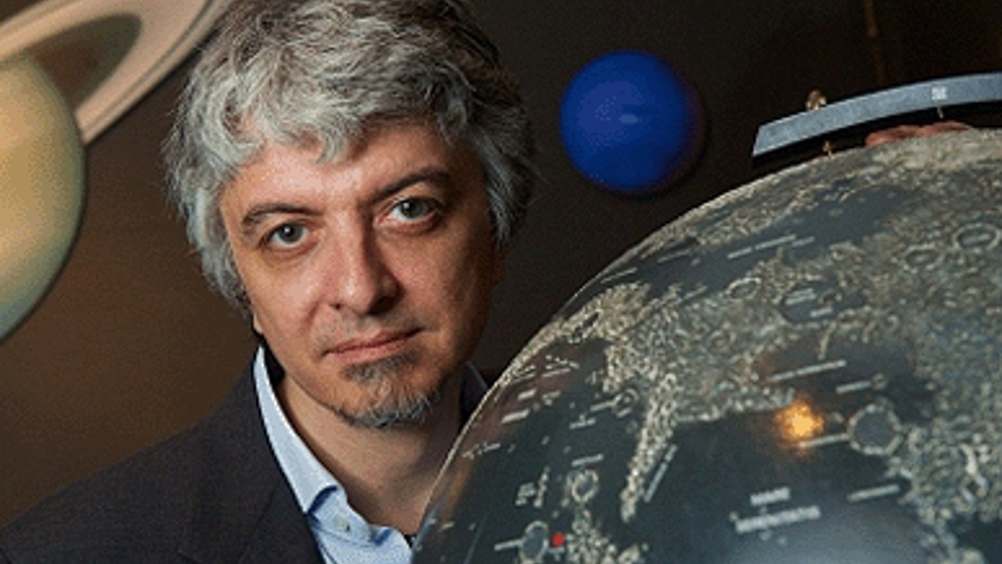Project will investigate removal of space debris and asteroids
Academics at Strathclyde University are set to investigate the removal of space debris and deflection of asteroids, leading the first research-based training network of its kind in the world.

According to a statement, the Stardust project will train the next generation of scientists, engineers and policy-makers with Strathclyde leading 14 partners across Europe in a new €4m (£3.2m) programme.
The European Commission-funded network will launch early next year and its pioneering research will have a significant impact on the future decisions of Europe on some of the most pressing issues in current space research.
Prof Jim McDonald, principal of Strathclyde University, said: ‘The observation, manipulation and disposal of space debris and asteroids represent one of the most challenging goals for modern space technology. Stardust will provide Strathclyde with the opportunity to make the significant advances needed to help protect our planet.’
Stardust will be led by Dr Massimilano Vasile of Strathclyde University’s Department of Mechanical and Aerospace Engineering, which is also the base for the Advanced Space Concepts Laboratory.
Vasile said: ‘Asteroids and space debris represent a significant hazard for space and terrestrial assets and could have potentially devastating consequences for our planet.
Register now to continue reading
Thanks for visiting The Engineer. You’ve now reached your monthly limit of news stories. Register for free to unlock unlimited access to all of our news coverage, as well as premium content including opinion, in-depth features and special reports.
Benefits of registering
-
In-depth insights and coverage of key emerging trends
-
Unrestricted access to special reports throughout the year
-
Daily technology news delivered straight to your inbox










Fusion inches closer as ITER completes magnet system
I believe the purpose of ITER isn't to make usable power, it is a research project which will be used to design the first generation of actual...